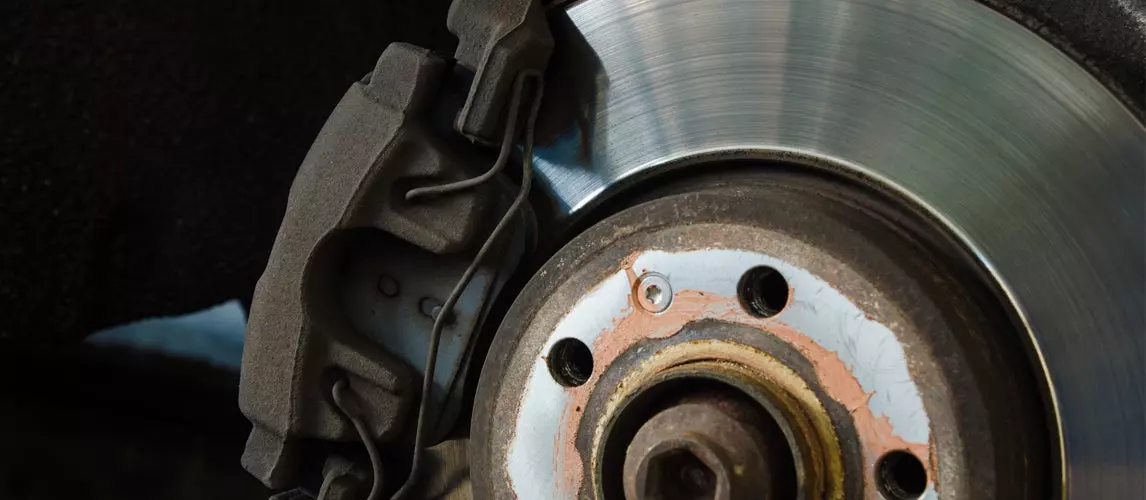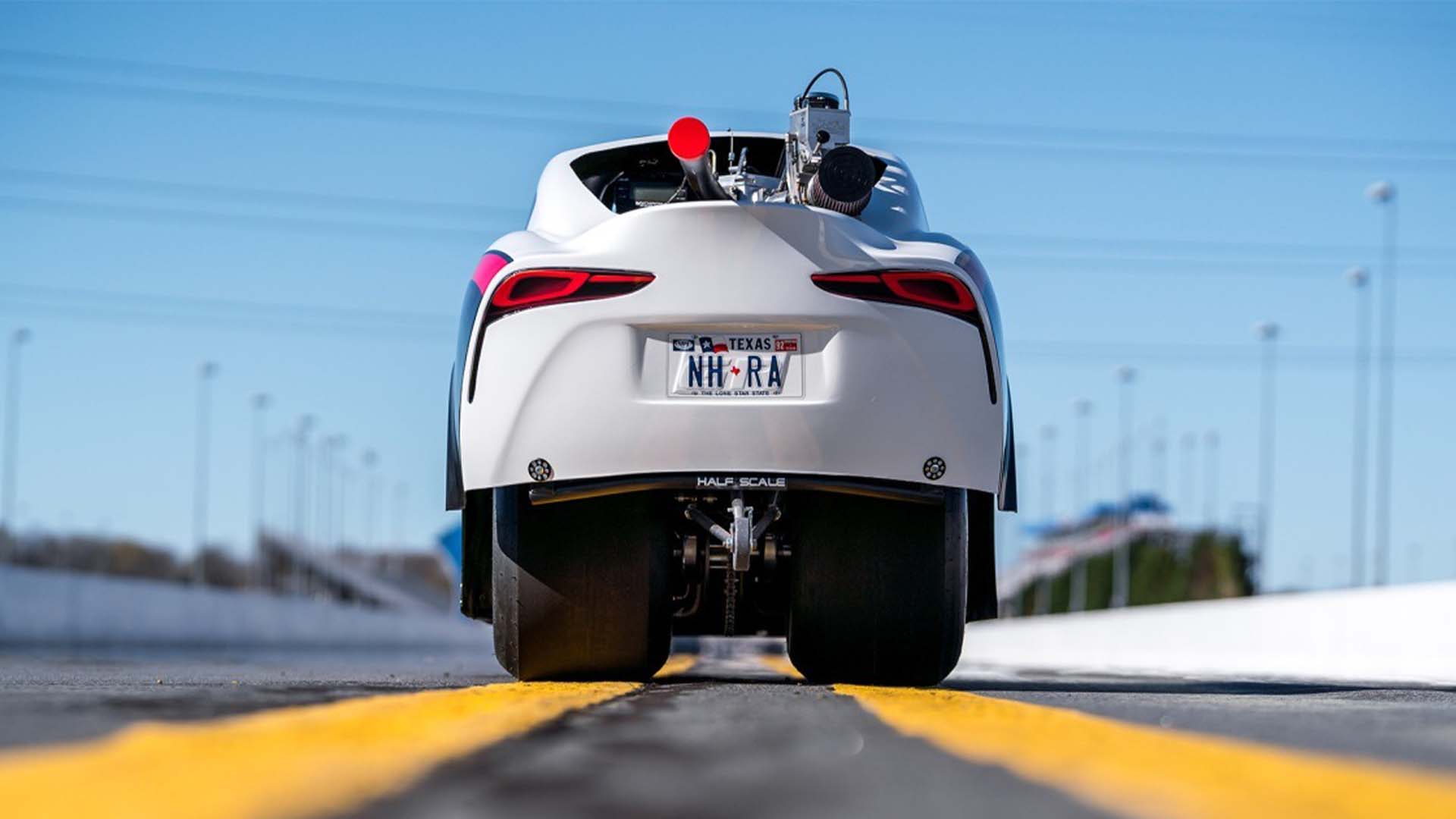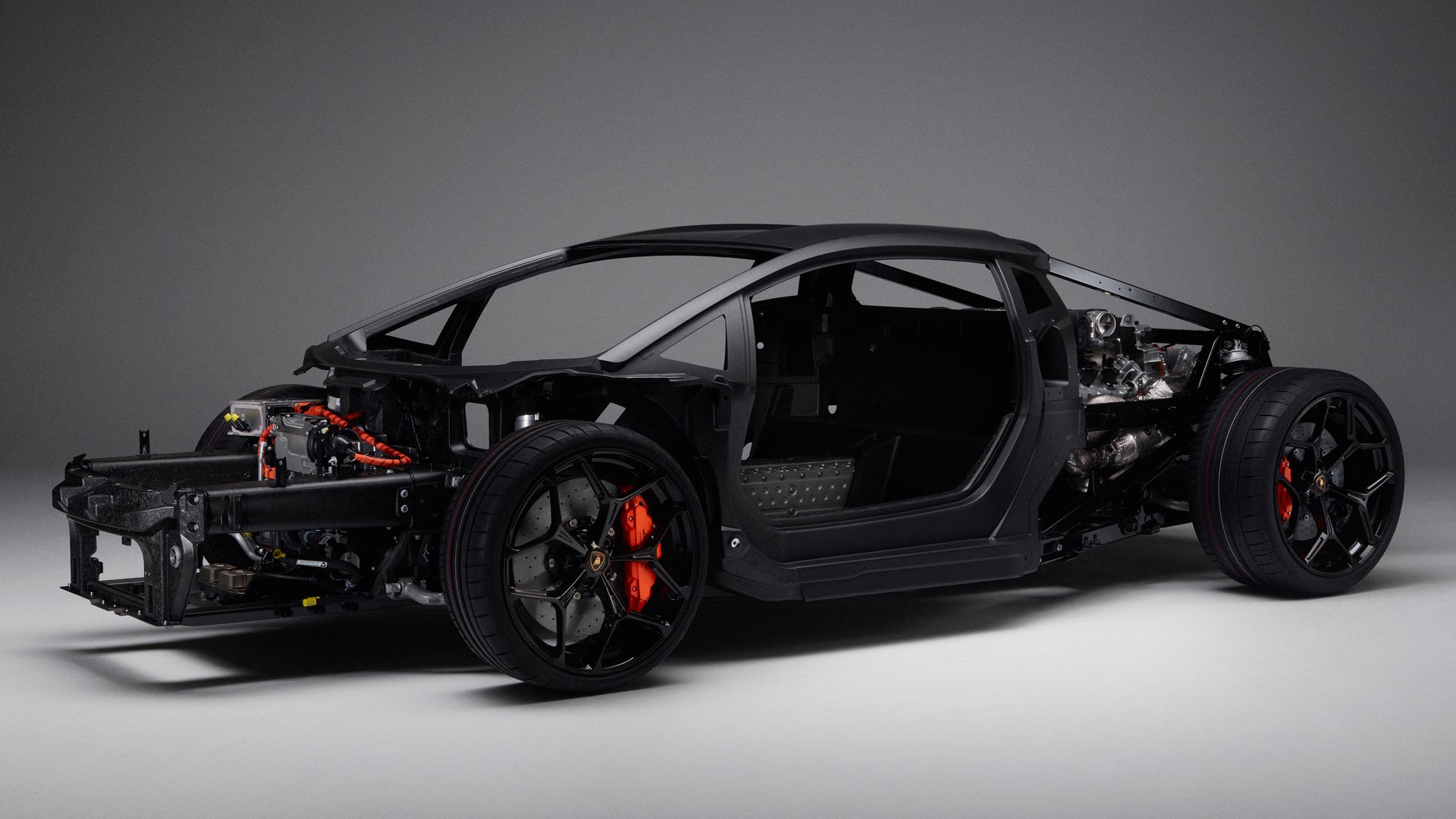Brake pads are one of those annoying “wear and tear” items that really do seem to wear out faster than we think. This is especially true if you’re the type to ride on your brakes or simply have to do a lot of stop-start travelling (during rush hour, for example). Yet, despite being one of the simplest aspects of car maintenance, it is one of the most easily-forgotten parts- falling behind even tires. Whether it’s because we don’t usually see them, we worry that it’s too hard to conduct a quick brake check-up, or simply because day-to-day life has got in the way and you’re just too busy, it’s always a good idea to regularly check your brakes, brake pads and brake discs.
Still, this doesn’t negate the fact that performing general upkeep on your car brakes is an essential part of driving safely. This article is here to help you figure out why and how to look after your brakes, as well as giving you the basics of brake replacement costs- and how not to be ripped off by extortionate prices for brake pads.
What Makes Up the Braking System of a Standard Car?
First things first, in order to understand a lot of what we’re going to talk about, you’ll probably need to know the instruments that make up the entire braking system of your car. Without this knowledge, it’s easy to get wrapped up in any old horror story a mechanic might tell you. We’re not saying that mechanics are out for the money- but it’s definitely good to know what exactly you’re buying or repairing, when that trip to the garage comes up.
- Brake Pedal
The part we should all be familiar with. Use the brake to activate the braking system- causing fluid to flow through and ensure the brake pads slow your wheels down.
- Brake Cylinder (/brake master cylinder)
Works in the same way as a plunger, stopping brake fluid from running constantly and- when activated- forces the fluid through the system.
- Brake Lines
Known for being the unfortunate inanimate victim in many a film and TV series, brake lines are what the brake fluid runs through. If these are broken, worn out or- in dastardly plots- cut, your brakes won’t know when to activate and you’ll find yourself unable to slow down. Hence our heroes going over cliffs while on their way to solve crimes.
- Brake Fluid
An essential consumable that need to be changed regularly, in order to keep your brake system in tip-top condition. Brake fluid is a silicone-based liquid that soaks up moisture in the air and does not compress. This gives you the solid feeling when you’re using your brakes- if your brakes feel “spongy”, it’s likely to be a leak or issue with the brake fluid/brake lines.
Different Brake Types- Rotors/Drums
- Drum brake: Consists of brake shoes that cause friction between themselves and the surface of a rotating drum. These aren’t as common in higher-quality, modern-day cars- but can still be found in budget vehicles. They wear out faster than disc brakes and can sometimes overheat- but they are also a lot cheaper to produce.
- Disc brake: Referred to as a “rotor” in US English. This is the most common type of brake used in domestic vehicles and slows or stops the rotation of a wheel. Stopping power comes from a range of sources- including electromagnetic, hydraulic, pneumatic or mechanic. These cause friction against the wheel, slowing the vehicle down and eventually allowing it to come to a stop.
Wheel Cylinders/Caliper Rotors
Cylinders are connected to brake pads and allow them to either squeeze (discs/rotors) or force apart (drums) the brakes against the wheel. They’re also referred to as caliper rotors, since they use the space between two points to squeeze or push apart the brakes, in the same way as many other calipers.
Brake pads
The part we’re all here for and one of the easiest worn parts of any vehicle. Brake pads are subject to constant friction caused by the process above. With most commuters and regular drivers using these day-in, day-out it’s easy to see why they need replacing so often.
Related Post: Brake Caliper Replacement Cost
Average Brake Replacement Cost
There are many factors that can affect the cost of brake replacements, which we discuss below. In the meantime, if you’re looking for averages in common areas of brake system replacements, we’ve written up a handy list, here:
- Cost to replace caliper rotors and brake pads
The brakes and rotor cost roughly between $120 all the way up to $500. The brake pad replacement itself isn’t too costly, since they’re actually rather cheap to buy- but having someone fit them for you naturally increases the cost since the labour needs to be taken into account. Meanwhile, the rotor is what takes up a lot of the time and energy when replacing brake calipers and brake pads, which can adds hundreds of dollars to the total bill.
- Cost to replace brake master cylinder
This is a much larger job, though luckily is much less likely to need changing. Averages start at around $350 and creep into the thousands. The good news is that, if you take care of your brake pads and calipers, these shouldn’t have any major break downs- another good reason to take care of your brakes and get them replaced, regularly!
- Brake fluid replacement cost
These are usually required when the master caliper/cylinder is replaced and also just to keep your car in good nick. Like all consumables, brake fluid can become contaminated and it’s good sense to get this checked, topped up and changed on a semi-regular basis. The average cost of brake fluid is rather cheap, so you’ll mostly be paying for the labour- this comes to between $60 and $120, depending on who you use.
Don’t forget that these are brake repair cost estimates, and mechanics may end up charging more if they find a fault, or a more serious underlying issue related to the brake system. As mentioned, this is dependent on a number of factors. If you’re curious to know what these are, read the section below this.
Factors That Affect Cost
Your brake change cost will depend on seemingly endless factors- but the most common ones are as follows:
- Mechanic/garage used
It goes without saying that different mechanics will have different pricing systems. Each individual will charge the labour that they decide upon and they will also be sourcing their parts from different shops, themselves. This can lead to huge differences in price- especially with larger garages and brands being able to source their parts through their trade deals and with larger orders, which usually means parts are cheaper for them. That said, they also need to take into account more costs for running their business, so the price may come out to a lot more than you initially expect.
To get the most bang for your buck, call round the area and ask for quotes- while most garages aren’t able to give an exact cost until they know how much work needs to be done, they should be able to give you a ballpark figure that should at least help you grab a more personalised estimate.
- Quality of parts
It’s easy to pick up some cheap parts online and try to do the job yourself, but your mechanic knows from experience what will last and what won’t. If they don’t, I’d advise seeking out a new garage to do business with! Naturally, the higher the quality, the more it will cost. Yet, as with many things in life, if you do opt for the better standard of parts, it’s less likely to break down as quickly, which leads to a longer term of investment. Not only that but if your budget brands turn out to be fickle and break easily (as opposed to allowing you to brake easily), it could cause more damage to your car, so repairs won’t be based around just your braking system, anymore.
- The type of brakes you have
Earlier we mentioned the differences between disc brakes and drum brakes. Naturally, the cheaper production cost of drum brakes will lower the price of your brake replacement costs but, again, the lower quality of these will usually result in your having to get them replaced more often.
- Make and model of your car
There’s no easy way to tell off-the-cuff whether or not your brakes will be more or less expensive unless you give the car type, brand and model that you’ll be working with. Newer cars are more likely to be based on a premium rate, while middle-range cars tend to be the most affordable. Specialist or rare cars will naturally incur more of cost, since parts will be harder to come by and usually requires a specialist mechanic to find and fit your brake pads and rotors.
- Front or back- where the brakes that need replacing are based
It’s more than likely that one side of your car will use up their brake pads before the other. This is based on the fact that most cars use their front wheels take most of the brute force provided by physics, when braking. By this, I mean that, when you brake, the force of the car will naturally push the weight forward and onto your front wheels and braking system. This means that the front of your car can take up to 75% of the stopping force produced when you need to brake, in an emergency or otherwise.
So, you know by now that the front brakes need to be a little heftier to take that amount of pressure- and therefore it’s expected that they will be thicker and more robust. The rear brakes, however, are designed for your stability (again, this is in the average, domestic car). So, the brake system in the rear end of your car needs to be thinner, less immune to heat etc. This stops your ABS system constantly locking up, every time you use the brake pedal. Thus, there is a considerable price difference in having your vehicles brakes replaced, depending on where the brakes are based.
- The age of your car
In the same way that the make and model of your car can create a difference in price, the age of your car is a huge factor. Very old cars are unlikely to have parts lying around, meanwhile the older styles of say, the Nissan Micra or Ford Focus were so popular at one point there that is an abundance of parts available- and usually for a good price too. Classic cars, again, may require a specialist or, at least, someone who knows the best place to source replacement parts, in order to keep with the integrity of the vehicle.
- Added extras
You’ll probably notice that most garages don’t offer a simple brake pad replacement cost and you may feel that they are even trying to “up-sell” you some parts that you don’t feel you need. That said, it’s actually a good idea to them up on some of their offers (not all of them though, don’t go mad). As an example, it’s always best to have your brake fluid changed if you need to change your brake calipers. You don’t want your icky, dirty, contaminated brake fluid going onto/into your new brake discs, and you’ll notice a huge difference once the two are done- and done well.
Don’t forget that you’ll need to take your VAT into account, which is usually not included in the initial estimate. And, if you’re ever confused or concerned by the price, ask your garage to go over your bill in detail. If they seem to be unsure or initially refuse to pass over an itemised bill once the work is done, it’s best to move on to the next garage.
When Should Brake Pads Be Replaced
As always, there a couple of factors that will need to be taken into account, such as your average mileage, how you drive, where you drive it, how often you drive it and how many people are in the car when you drive. Not to mention what kind of car you have and what braking system you currently have in place. Add to that, if you’ve bought a used car, it depends on how much love and attention was put into the car before you bought it, what brakes were used when they were last replaced and so on. The safest bet is to have your brake pads replacing roughly every six months- or, if you prefer to set your sights on the mileage, roughly every 40,000 miles. That is, unless you spot any of the signs below, which may indicate that you need to replace your brakes, now.
Symptoms that Your Brake Pads Need Replacing
Not all of the signs below indicate a huge problem that is life-endangering. However, it’s definitely a good idea to get your car checked out if they are displaying at least one of the following symptoms. These can be a clear indication that your brake pads are in need of a replacement:
- Warning light
Admittedly, this one is fairly obvious. Most new cars are filled with wonderful gadgets designed to keep our car confusion to a minimum. If your warning light is showing, it’s time to change your brakes.
- Car juddering when you come to a stop
Less obvious but more concerning is your car juddering whenever you use your brakes. It’s more noticeable when braking from high speeds, so if you’re leaving the highway and it feels like something it wrong with your car, get it checked out before the uneven surface leaves your wheel knackered and your rotors warped.
- A squeaking or squealing sound
If your car is making a high-pitched squealing or squeaking sound when you apply pressure to the brakes, it’s a sure-fire sign that you need to replace your brake pads. All brakes do this when they’re nearing the end of their life-cycle- in fact, they’re designed to do it. It’s called a “brake wear indicator” which is fitted into the brake pad itself- and it only begins squeaking once your brake has used up a certain amount of the pad itself. All it means is that your pad has worn down and you’re due a new set.
- Pulling to one side
While this is also a sign that your vehicle’s tracking is off, pulling to one side (especially when applying the brakes) is a good sign that your brakes have worn down more on one side than the other. The best thing to do here is to take your car in for a check- that way, you can be sure it isn’t the tracking and can get a full set of brakes done. Which means no more fighting against the steering wheel!
- Soft or spongy brake pedal
As mentioned earlier, it’s important that your brakes feel “solid” when using the brake pedal. A soft of spongy feeling (and you’ll know what I mean if this is happening to you) can indicate a contaminated brake fluid (which most likely means there is too much moisture in the brake lines). This, in turn, means that you’ll need to change your brake fluid and check your brake lines, to ensure that there isn’t a break or fault in the line. Most car manufacturers and garages recommend you change your fluid roughly every two years, no matter what your average mileage is. Of course, if you use your brakes a lot, it’s a good idea to get it checked over more regularly.
- Brake pads less than 3mm
If your brakes aren’t squeaking but they still don’t feel “right”, then give your brake pads a quick check over. You can do this without having to go to the garage, though if you’re still unsure, most places will do a quick check for you, for free. Your brake pads should be visible through the spokes of your wheel and, if you see 3mm or less, it’s time to take your car in for a brake pad replacement.
Can I Drive With a Brake Problem?
It really depends on what the issue is along your car’s braking system- but the short answer is “no”. It might seem a little over-cautious but- until you know what the problem is- it’s better to be safe than sorry. One of the best rules to abide by when using your car is “prepare for the worst and hope for the best”. If you have problems with your brake line, then it’s definitely not wise to drive it until the issue has been resolved. Likewise, issues with your brake pads and calipers may be OK to (carefully) drive with but users should definitely be careful and keep an eye on the problem.
If you think there’s an issue with your cars braking system, it’s always best to get it checked over by a professional who can give you a full run-down of what’s going on and how it can be sorted. For something like brake pads and calipers, it really is worth not having your car for an hour for the sake of getting it changed- before something sinister happens and yourself, or innocent people, suffer for it.
Sources:
- How to Check Brake Pads – howstuffworks
- Brake Pads Replacement Cost – autoservicecosts









